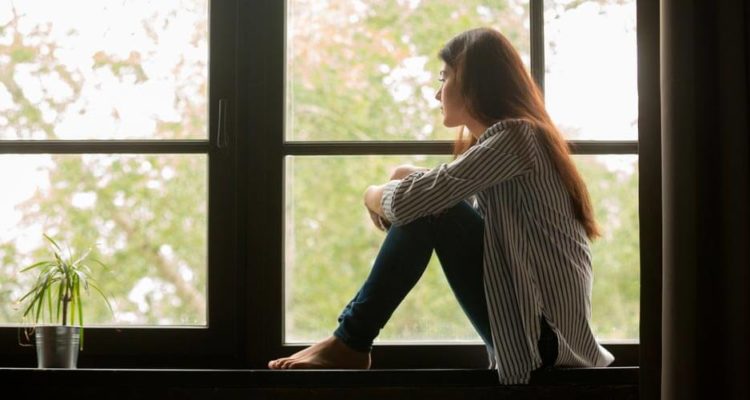
Loneliness really shortens life expectancy
< /p> 0
Researchers from Japan, where the maximum life expectancy is recorded, proved the detrimental effect of loneliness on this indicator. Lonely elderly people live less than those who have the happiness of communication.
Loneliness has long been called a risk factor for a number of diseases in old age, perhaps because the elderly cannot take care of themselves as well as they do spouse or children. But social communication itself is extremely important in old age, because without it, intellectual degradation occurs faster – the age-related processes of memory loss accelerate. This was also confirmed by a new study by Japanese scientists.
They proved that lonely elderly people face a shorter life expectancy than their peers who do not consider themselves lonely. Moreover, potential years of satisfactory health are also lost with loneliness. It has been proven that loneliness has real negative physical consequences for the body. On average, lonely older people live 3-5 years less than their less lonely peers.
If loneliness occurs after the age of 70 and 80, it also shortens life by 3-4 and 2-3, respectively years Perceived loneliness has a similar effect on two types of life expectancy: actual life expectancy and life expectancy in relatively good health. At the same time, loneliness is not something physical – if a person himself does not feel lonely, then this has a positive effect on his health, even if he lives alone in an apartment or house.









Leave a Reply